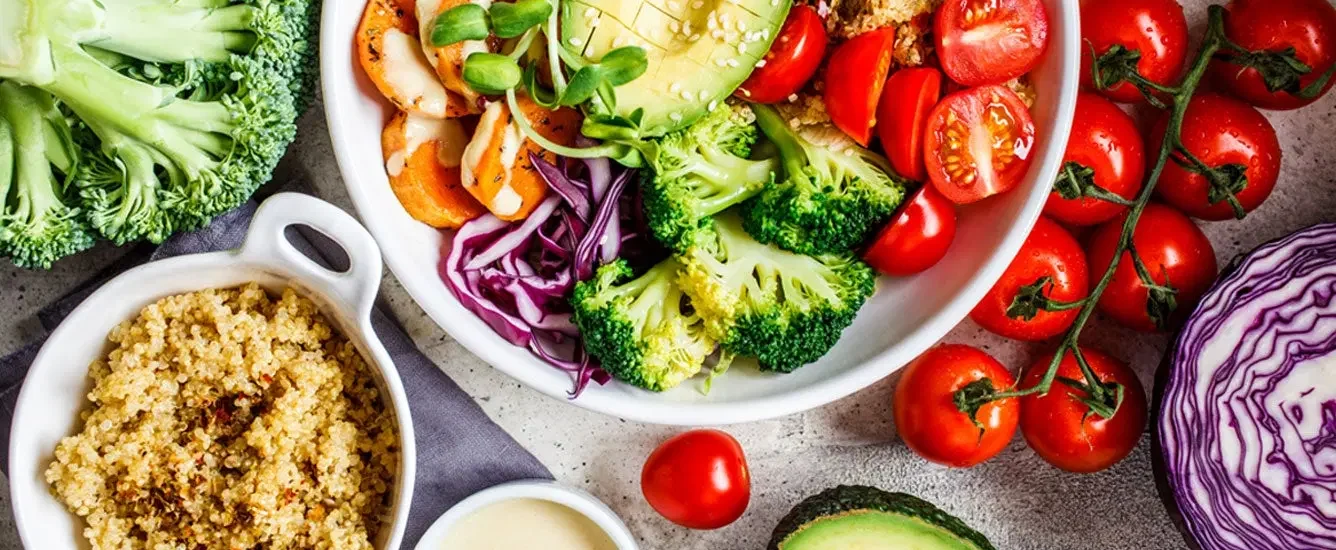Healthy Eating Tips for Seniors
Feel At Home Assisted Living For Elderly (Old Age Home)
The definition of healthy eating does evolve as we age. A 20-year-old body and a 60-year-old body have different nutritional needs. For example, as we grow older, our metabolism slows down, so we need fewer calories than before. Our body also needs more of certain nutrients the older we get. That means it’s more important than ever to choose foods that give us the best nutritional value.
6 tips for picking healthy foods as you get older
Here are 6 tips to help you find the best foods for your body and your budget.
1. Know what a healthy plate looks like
The U.S. Department of Agriculture (USDA) has come up with a simple way to help people see what a day of healthy eating looks like. It’s called MyPlate. The simple graphic shows exactly how the five food groups should stack up on your plate. These are the building blocks for a healthy diet.
2. Look for important nutrients. Eating a variety of foods helps us get all the nutrients we need. Aim for your plate to look like a rainbow—bright, colored foods are often the best choice! A healthy meal includes:
- Lean protein (lean meats, seafood, eggs, beans)
- Fruits and vegetables (think orange, red, green, and purple)
- Whole grains (brown rice, whole wheat pasta)
- Low-fat dairy (milk and its alternatives)
Choose foods that are high in fiber and low in sodium or salt. As you age, focus on important nutrients, such as potassium, calcium, vitamin D, and vitamin B12.
3. Read the Nutrition Facts label
The healthiest foods are whole foods. These are typically found on the perimeter of the grocery store in the produce, meat, and dairy sections. When you do eat processed foods like chips and baked goods, be a smart shopper! Read the labels to find items that are lower in fat, added sugars, and sodium.
4. Use recommended servings
Eating the right amount of food for your age and body helps you maintain a healthy weight. some guidance on nutrition and daily activity specifically for adults age 60 and older.
5. Stay hydrated
Water is an important nutrient, too! To prevent dehydration, drink small amounts of fluids consistently throughout the day. Water is your best choice. Keep fluids with sugar and salt at a minimum, unless your doctor suggests otherwise.
6. Stretch your food budget
Want to get the biggest nutritional bang for your buck? The Supplemental Nutrition Assistance Program (SNAP) can help you afford healthy food when you need it.




